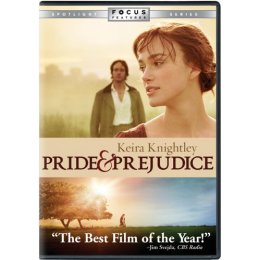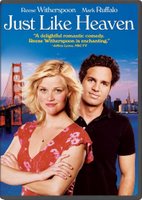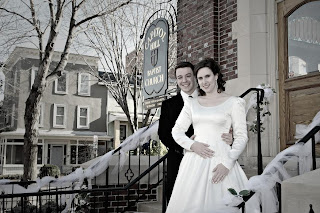The Yellow Wallpaper
The paint and paper look as if a boys' school had used it. It is stripped off--the paper--in great patches all around the head of my bed, about as far as I can reach, and in a great place on the other side of the room low down. I never saw a worse paper in my life. . . The color is repellant, almost revolting; a smouldering unclean yellow, strangely faded by the slow-turning sunlight.
So go two early paragraphs in Charlotte Perkins Gilman's chilling and fascninating short story, "The Yellow Wallpaper." I read this story to my 11th grade American lit students today (we're looking at short story writers in the late 1800s). I love reading this work aloud. As the story progresses, students stop fidgeting and become fixated on the tale of a woman who is being treated with a "rest-cure" for depression, who is isolated in a room to prevent undue excitement, who slowly becomes obsessed with the yellow paper on the walls. She is a woman who is slowly losing her mind. And since Gilman employs the woman as a first-person narrator, we as readers feel as though we're being dragged down with her.
My students had plenty of observations when we finished. Since the woman's an unreliable narrator, how much of her story can we trust? Is she really in a former nursery? At what point does she truly lose touch with reality?
I look forward to this story every year. And once again, I was glad that yet another class found this story disturbing and delightful.




